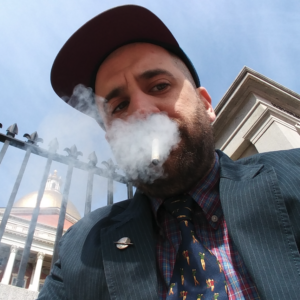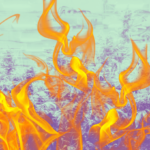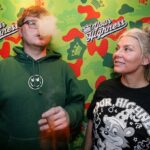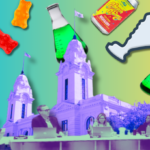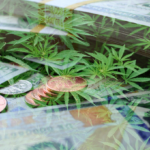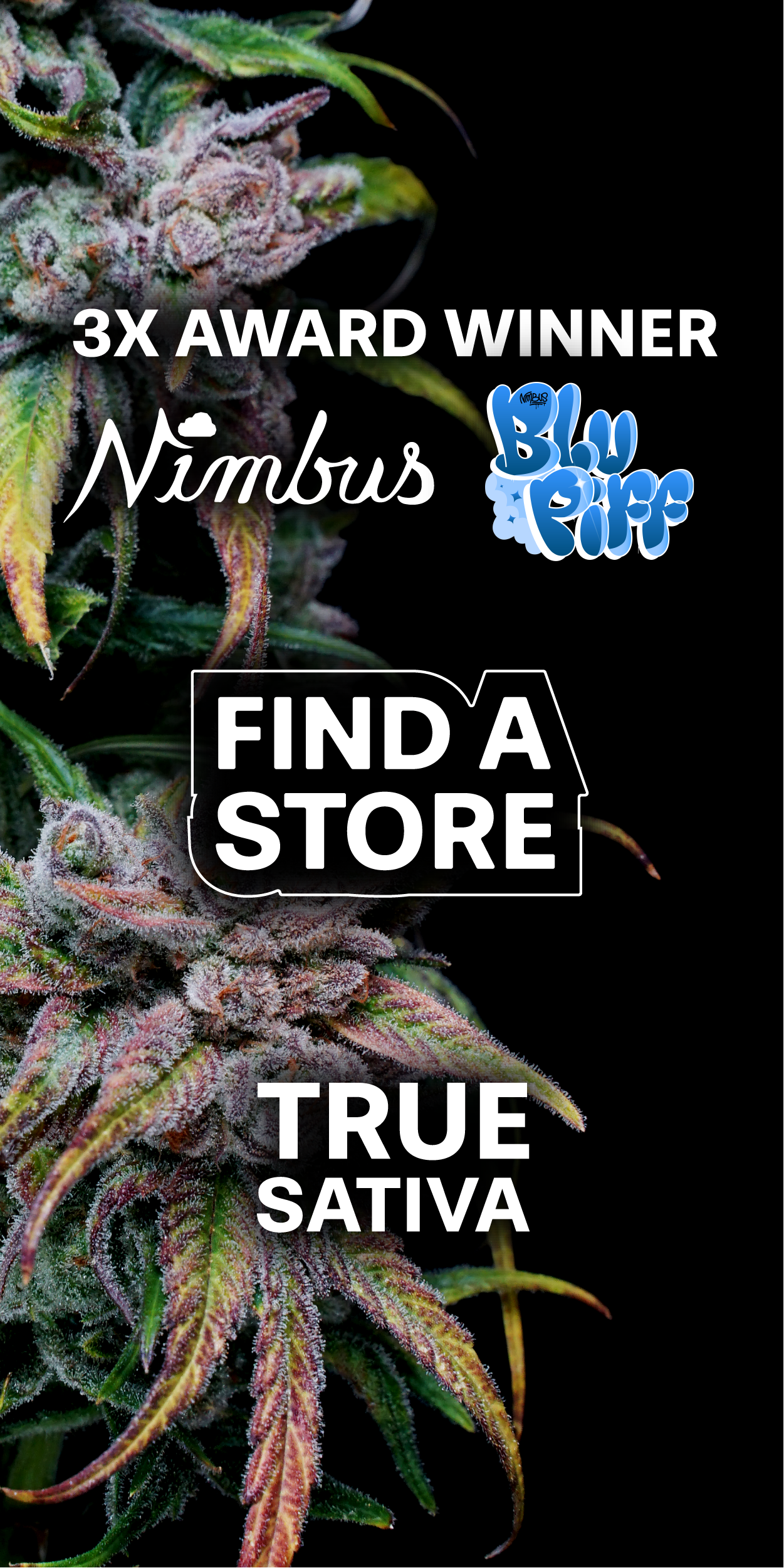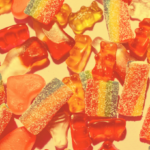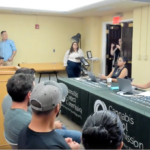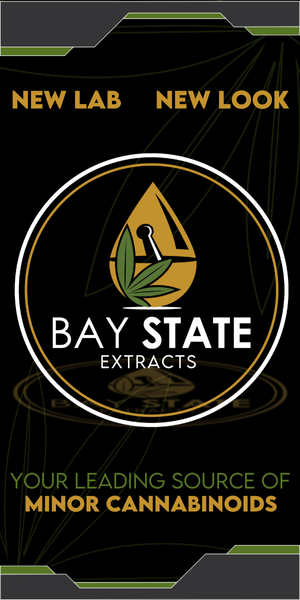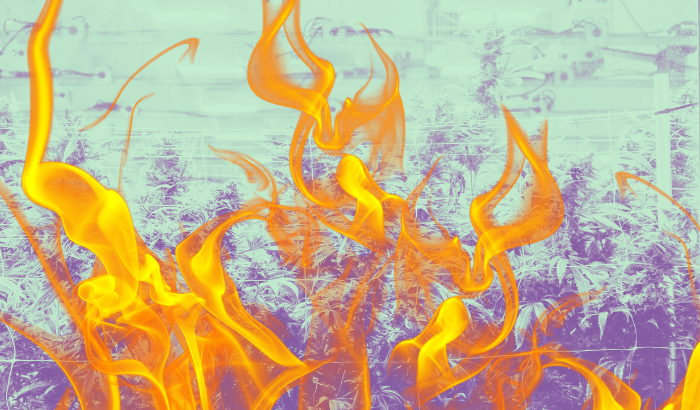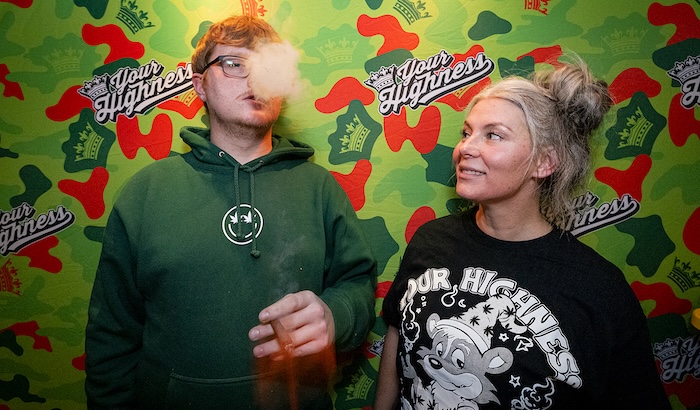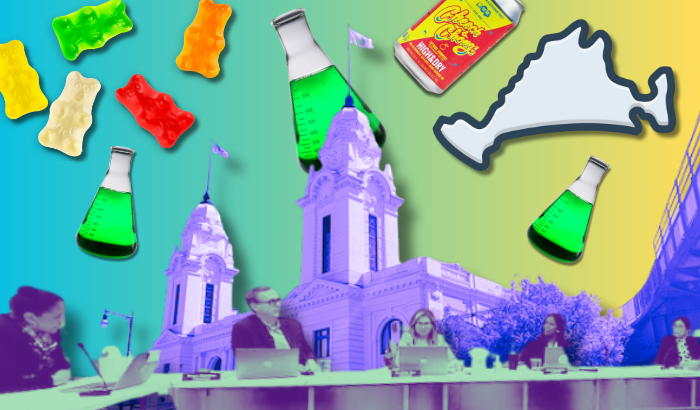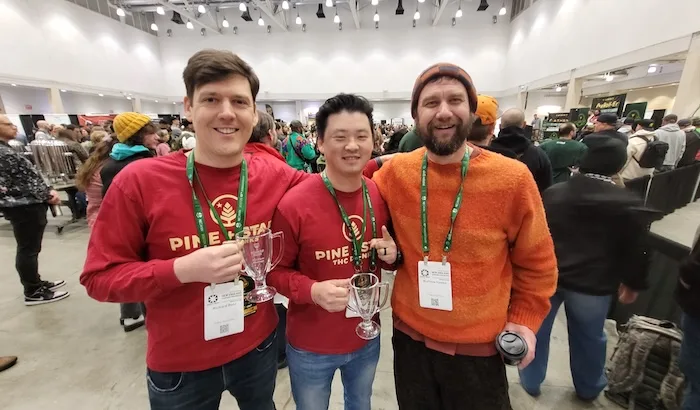
The Novel Beverage Company behind Buzzy and Pine + Star cleaned up at the NECANN Cup, but even for a leading manufacturer, the drink lane has its limitations
In one sense, 2023 was the year of the beverage. New flavors and ideas were all the rage, and the market even saw the opening of stores largely focused on infused pop and seltzer.
But considered from another angle, it’s been a tough row for drink makers. Already a business with tight margins and serious regulatory standards, the licensed beverage realm was sidelined by the growing popularity of comparable hemp-derived options sold at liquor and corner stores. Licensed manufacturers also face limitations in that their cans often take up a lot of space that shops don’t always have available in their vaults.
Through the ups and downs, Novel Beverage has remained focused on the liquid game while also evolving. Originally founded in Maine, where it still produces for that state’s adult-use market, the company set up its Massachusetts operation in late 2022. In the time since, they’ve shifted from predominantly brewing for other brands—among their contracts, they made the THC-infused Rec. Weed hop tea for Harpoon—to sailing their own flagships.
On the heels of Novel winning the gold and silver beverage trophies at the 2024 NECANN Cup with two of those brands—Pine + Star, for its incomparable blueberry lemonade, and Buzzy for its orange soda—it seemed like the perfect time to share this recent interview we did at their Salisbury plant. Following a tour of the facility which you can see in our video, we asked COO Richard Rohl and President Matt Hawes about everything from fresh ingredients, to struggles, to the allure of additionally selling hemp-derived products.
On industry origins …
Hawes: Maine is my backyard. I’ve been a cannabis activist there for the past 15 going on 20 years, and I’ve been working in cannabis for 24 years. … I’d been working on the adult-use legalization program for a long time and actually helped the state get the Office of Cannabis Policy started up, and then I said, Okay, it’s time for me to open a business in this space. And it was kind of natural for me to move toward beverages.
We were the first-to-market [in the Maine beverage space] and we really started as a contract manufacturer. One of our first products was a partnership with Shipyard Brewing; we did a non-alcoholic, in-house craft version of Pumpkinhead [Ale]. For whatever reason, it was part of our learning curve, the beer brand didn’t translate well into a dispensary channel. But it was still a really cool project to be a part of and helped us get our business up and running.
On expanding into Massachusetts …
Hawes: We’re a local owner operated [business] with a few angel investors who helped us put some cash together, but this isn’t a big corporate funded entity, so it took a lot of luck, and finding this facility [in Salisbury] was one of those key opportunities that we had. … The whole roof is covered with solar panels and it’s all dedicated to this facility, so we are actually a fully solar-powered operation. We have never had a power bill.
Two of the infrastructure investments that we made that make this facility unique are drive-in cooler capabilities that allow us to store fresh ingredients at scale, and a steam boiler which powers our steam-jacketed kettles and also powers our pasteurizer. We are one of the only THC beverage manufacturers in the country that has tunnel pasteurization capabilities [to use various stages of heating until reaching an intended target temperature]. The [steam boiler] really expands the range of different products we can make here and allows us to operate without preservatives.
On the setup and equipment …
Hawes: Theoretically, we can work up to 275 [one-]gallon totes with fresh juices and things that require refrigeration. This is also unique in THC manufacturing to have that, and again, that just expands the number of products that we’re able to make.
For the most part, we’re using traditional brewery equipment. Our facility was designed and built by brewers, so they naturally adopted their kind of institutional historic knowledge. We have a conventional vessel 20-barrel brewhouse. … [and] we have a mashton with a sieve base so we can do non-soluble flavor ingredients. The best example is the Pine + Star cinnamon cider, which is a seasonal for us. We use real cinnamon sticks for the flavor, and that’s all steeped. We create the flavors in concentrate here.
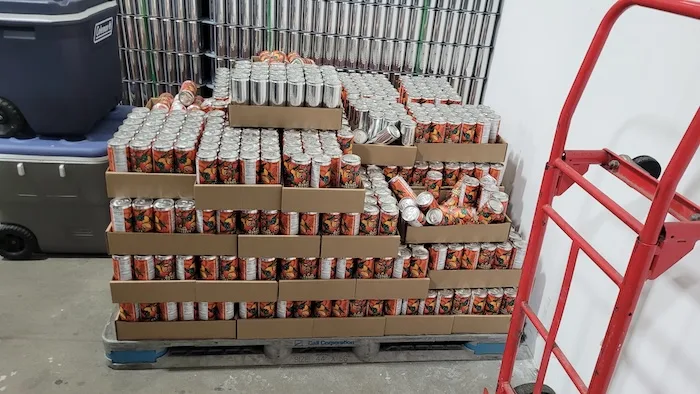
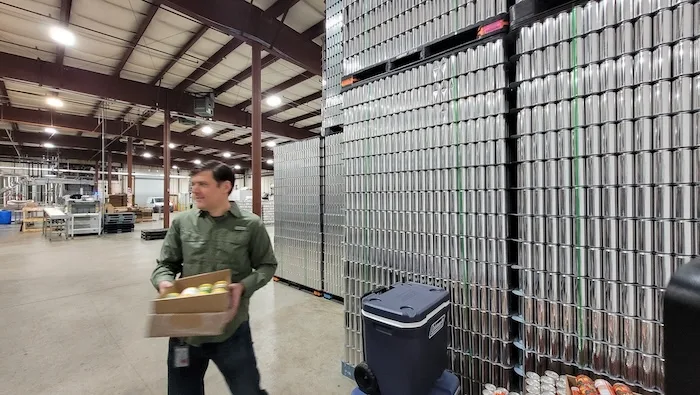
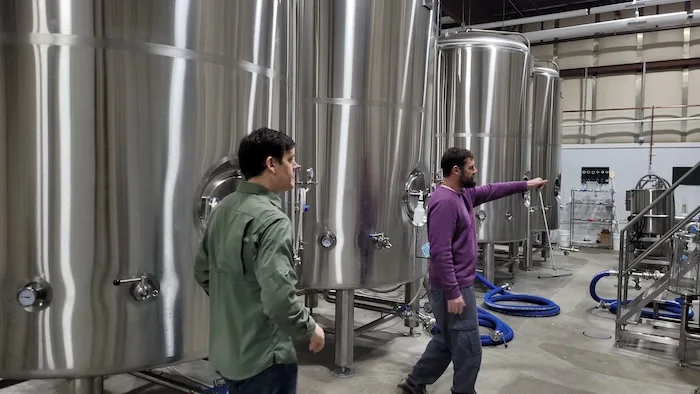
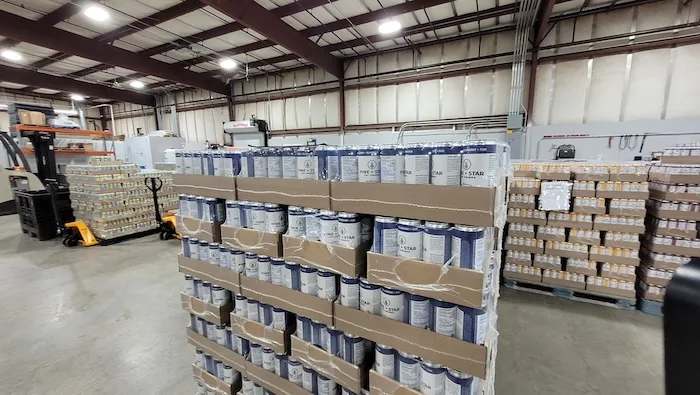


On their brands and products …
Hawes: I think what really differentiates the regulated market is brands and products. … We realized that we had an opportunity to develop our own brands, and now we’re almost entirely an in-house brand manufacturer. We constantly learn and react, and it seemed that the market was really gravitating towards simple, sweet, and familiar drinks. So we said, All right, let’s get into these juice-based drinks. Everyone kind of knows what they are.
Rohl: We have sugary cane sodas, or zero-sugar seltzers. We’ve also thrown some minor cannabinoids in there too. We have a nighttime seltzer with CBN, a daytime, and a general wellness seltzer with CBD.
Hawes: Sodas are a relatively uncomplicated beverage to manufacture, but what differentiates Buzzy against a regular soda is that [Buzzy products are] 100% cane sugar sodas. We don’t use any artificial sweeteners in any of our beverages. … We wanted to have a little bit more of a competitively priced product, and we decided to do that through a [new line of seltzer called Ease]. We still couldn’t get off the craft kick though, so [Ease] still has real juice, these are not artificially flavored.
On good practices and tricks of the trade …
Hawes: Keeping oxygen levels low in these drinks is key to shelf stability and key to mitigating THC degradation. … We essentially have a process here that we will never ship anything out of this shop that is older than five months. And we target 90 days.
We started this business in Maine, so we learned a bit about self distribution before we came to Massachusetts. We have no minimum orders and we tell our accounts always that if they just run out of one SKU, or if they need three cases, just order it so that we can make sure we always have our full selection available.
On industry challenges …
Hawes: Beverage manufacturing is a volume-driven business. … The reality is that beverages and dispensary channels are less than 2% of the overall market, so we just struggle to get up to those volumes where we can meet economies of scale. … We’ve got to kind of scrap our way through this and it’s really tough to do that through dispensary channels, and I think that’s why [the hemp-derived THC beverage market] is looking so appealing to companies like ours.
Our dream is to be co-licensed [to manufacture hemp and traditional THC drinks] here, and to be able to manufacture them both out of this facility. For someone like me, who has spent their whole life doing cannabis policy work and advocating for regulated markets, it’s just kind of bananas that we can’t. We came in all in on beverages, and [selling] THC beverages in dispensary channels is a tough business to be in.



